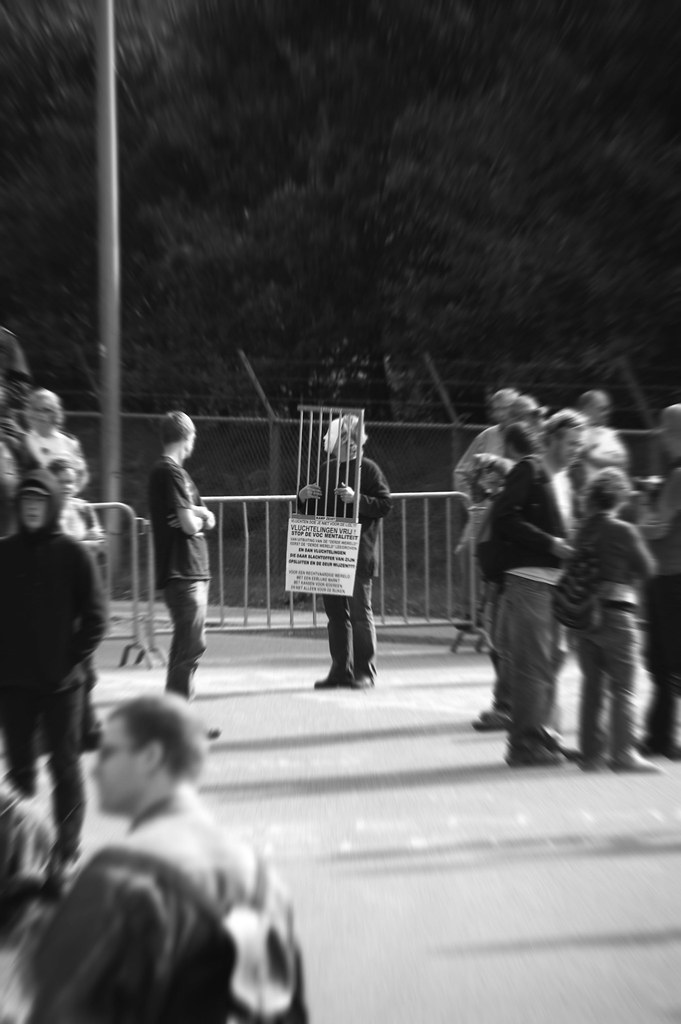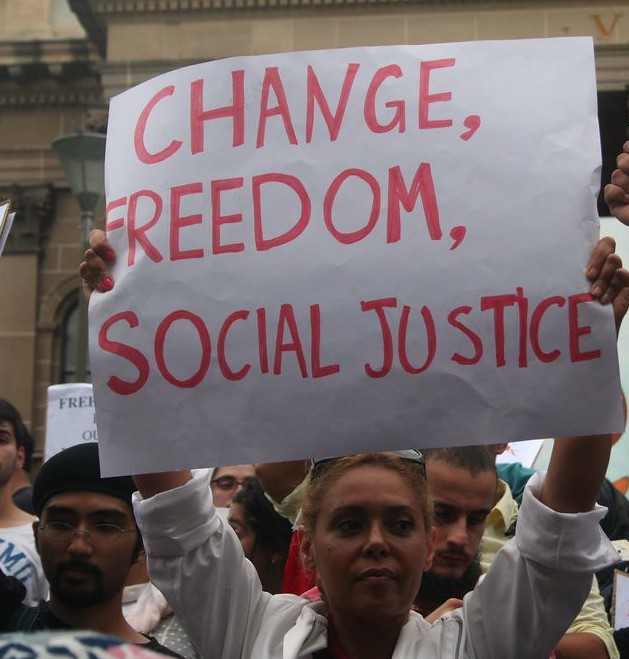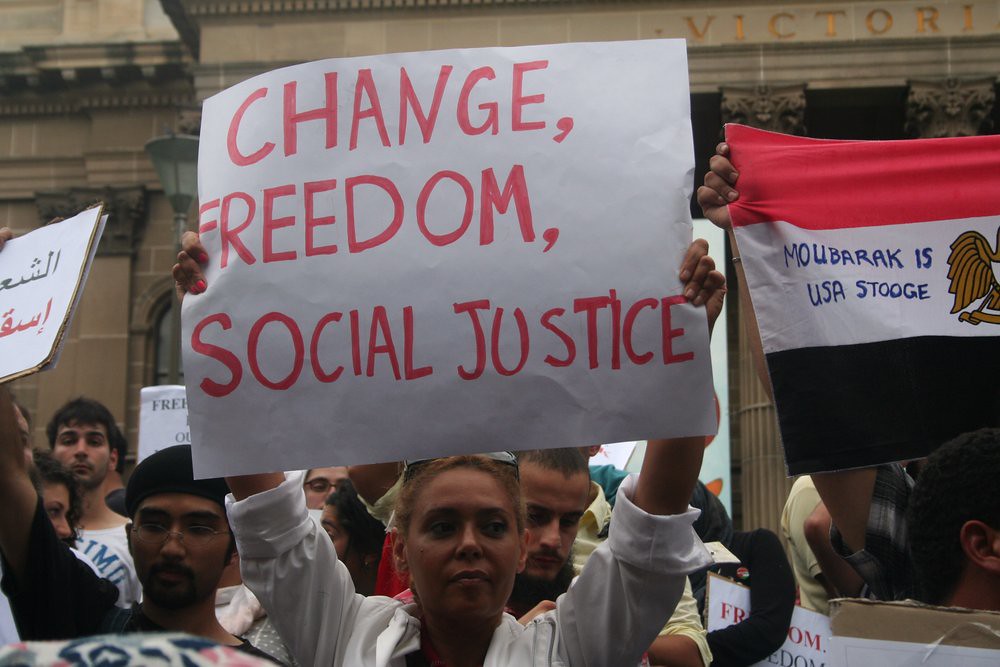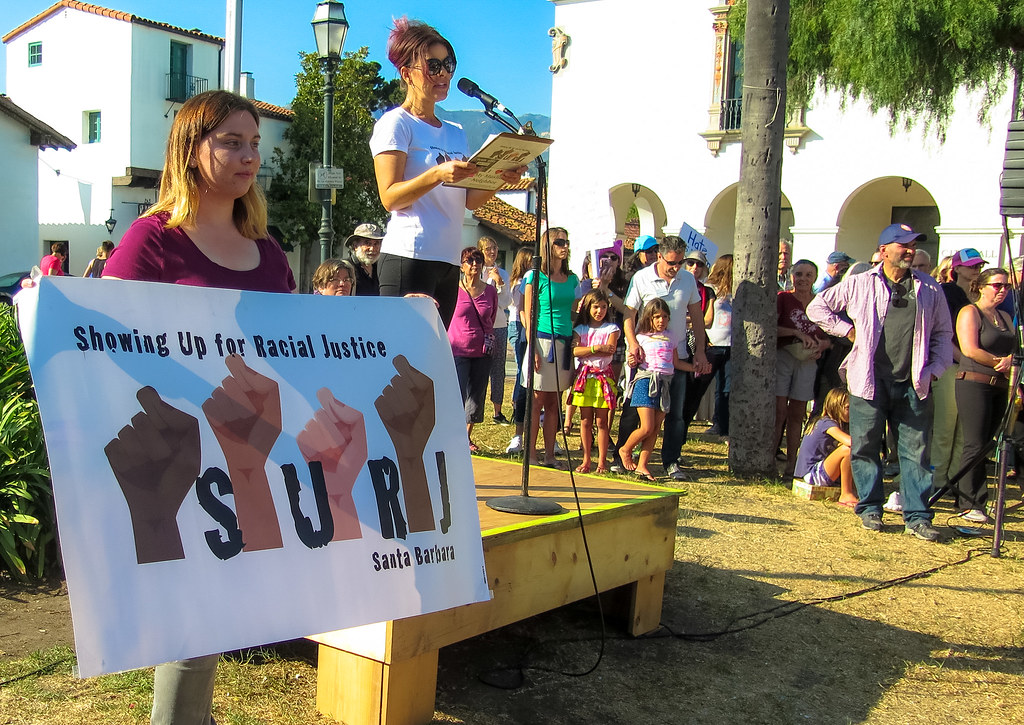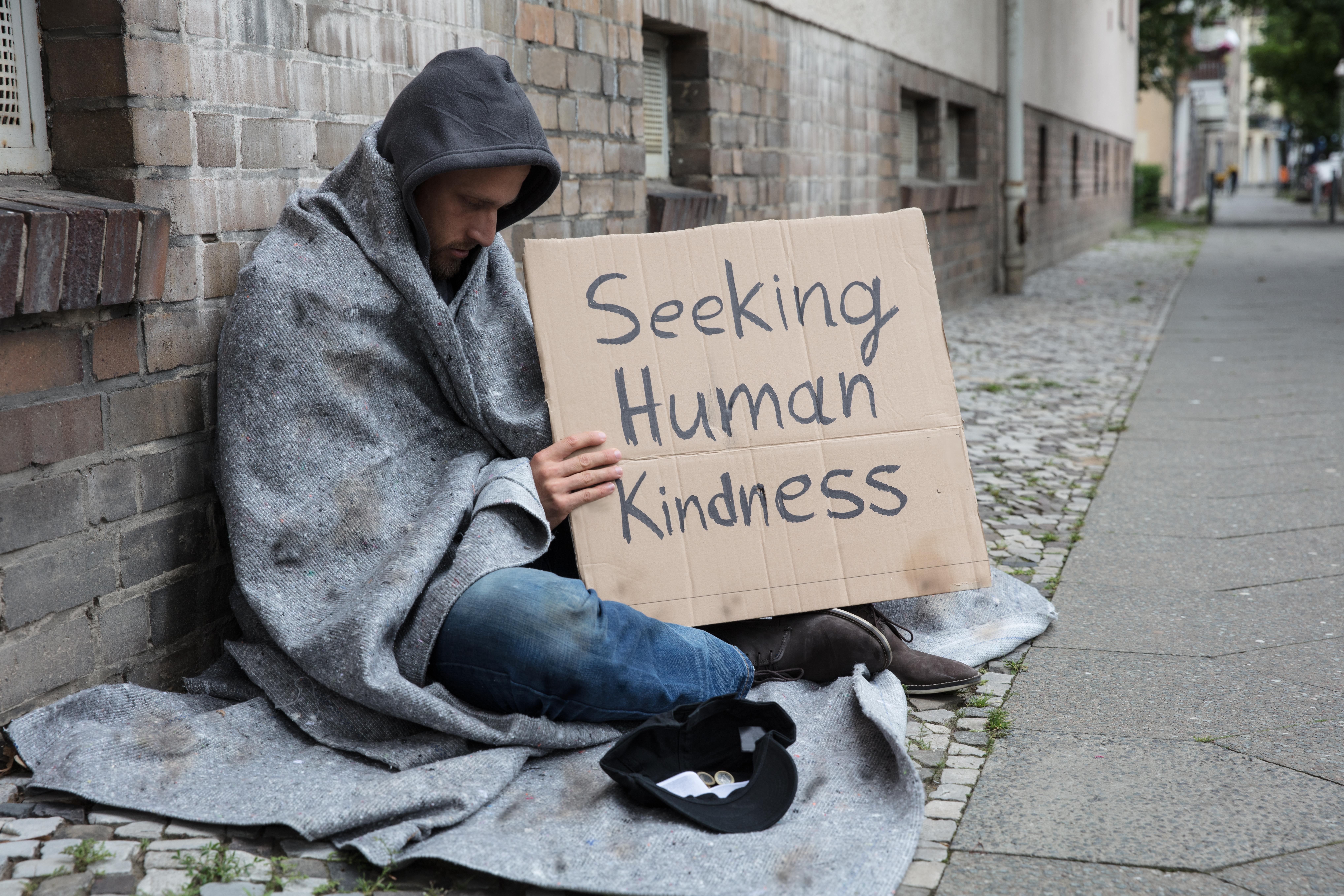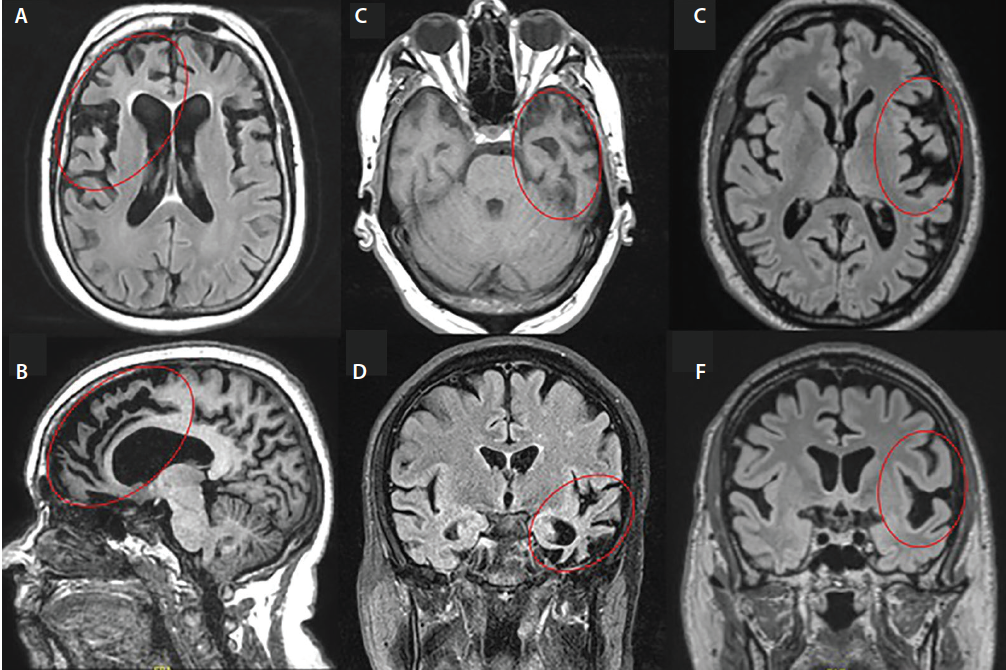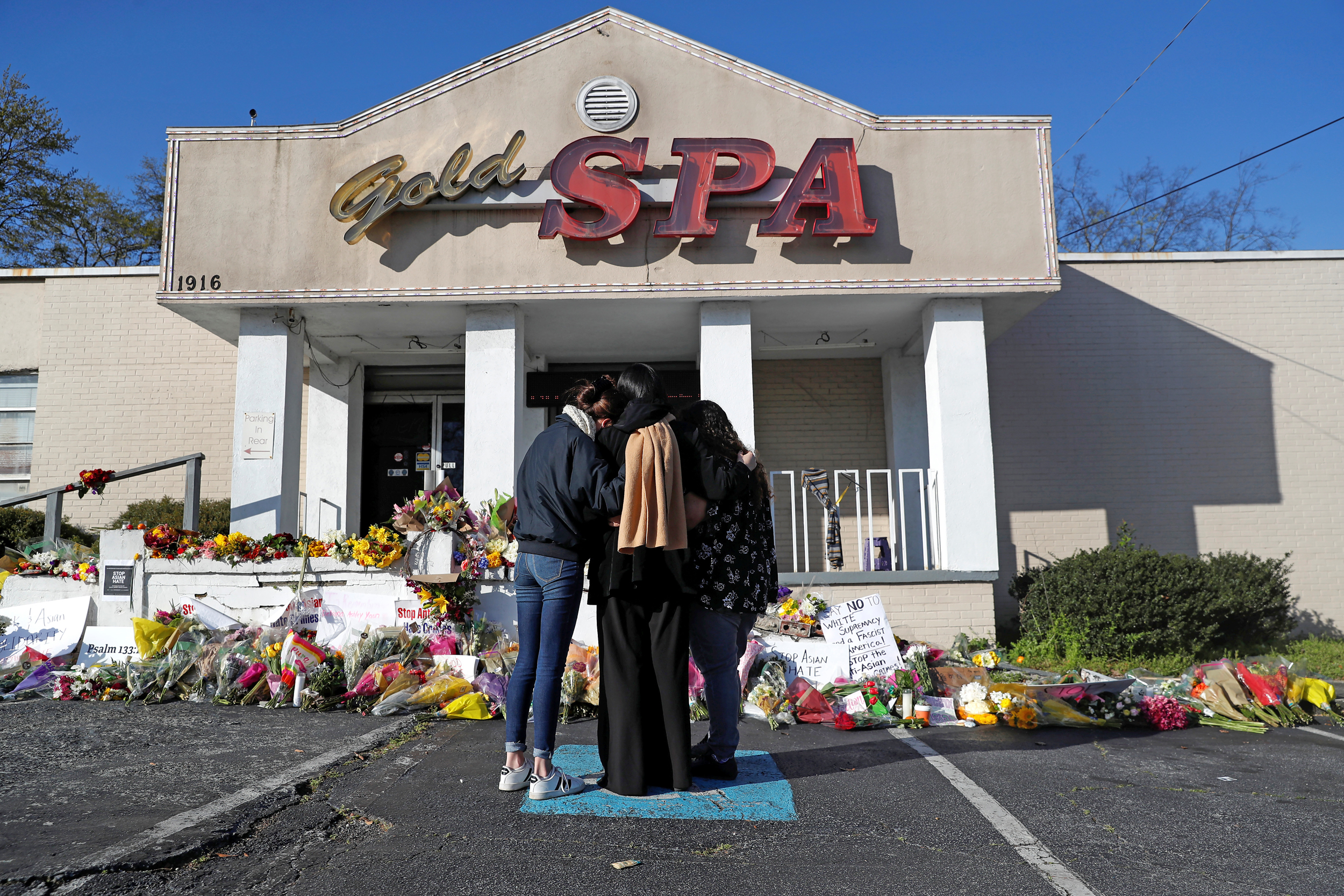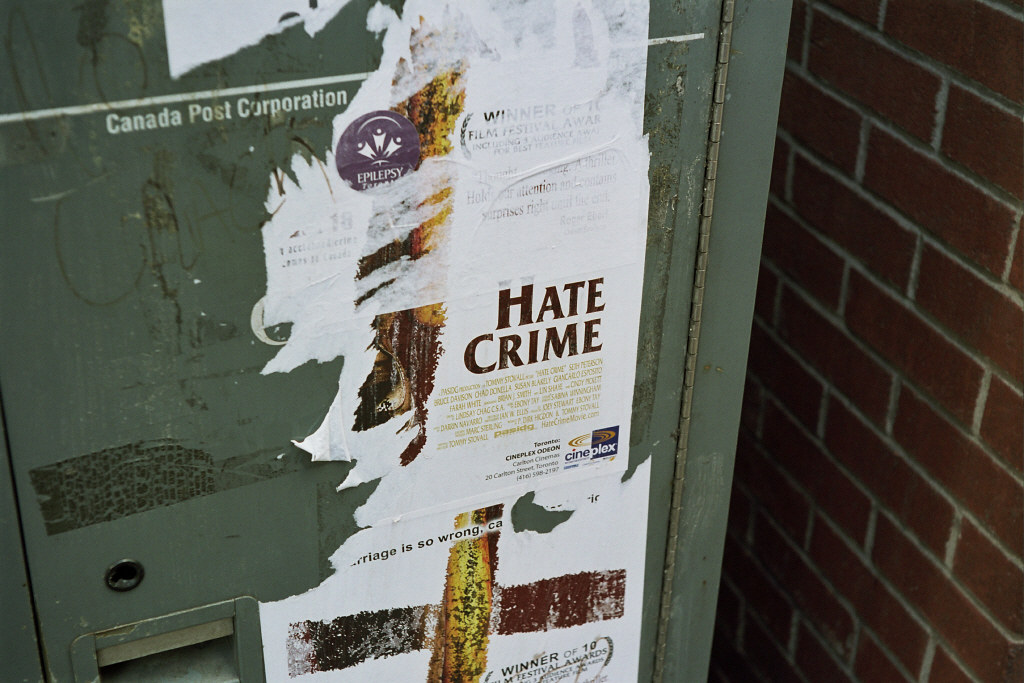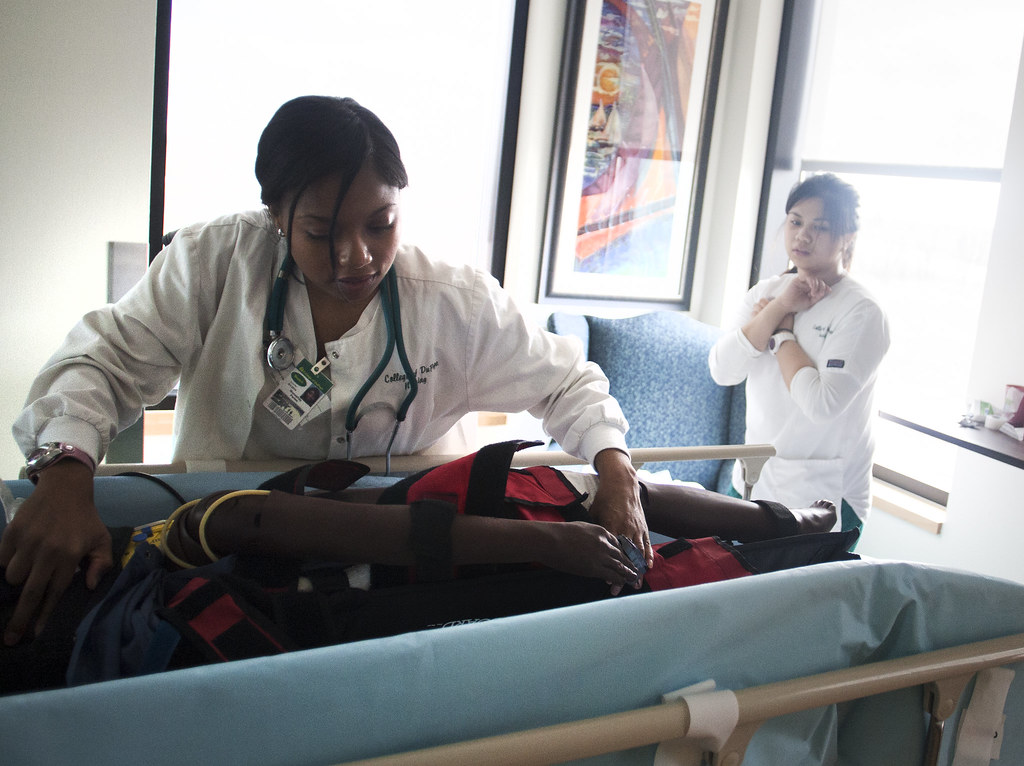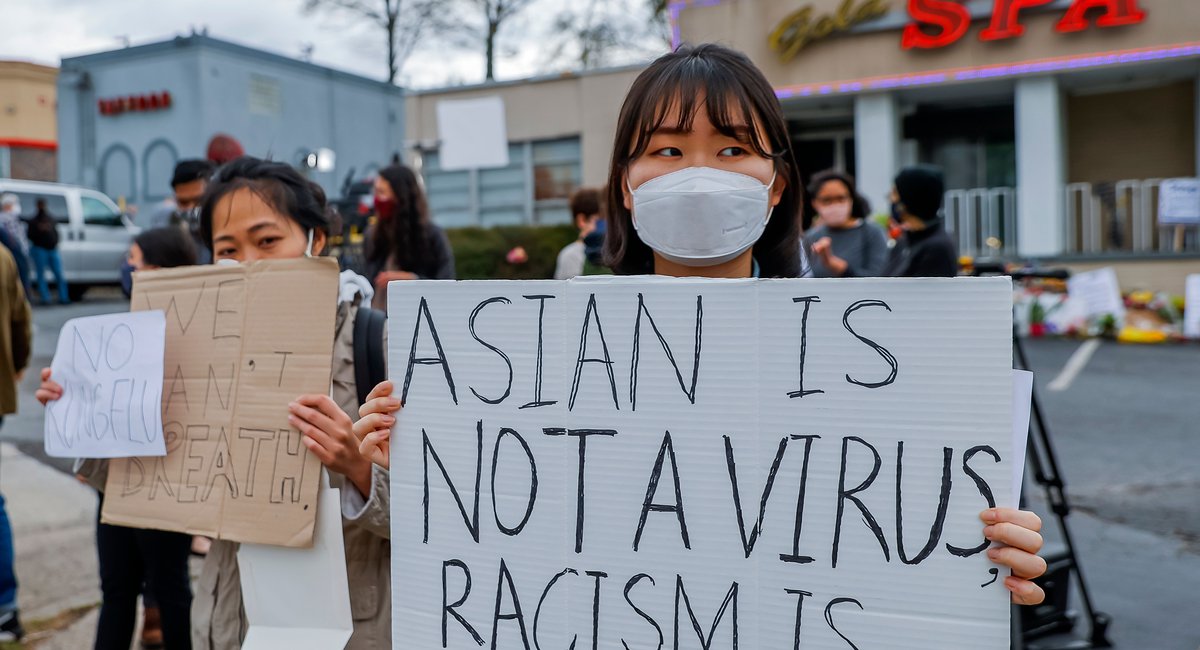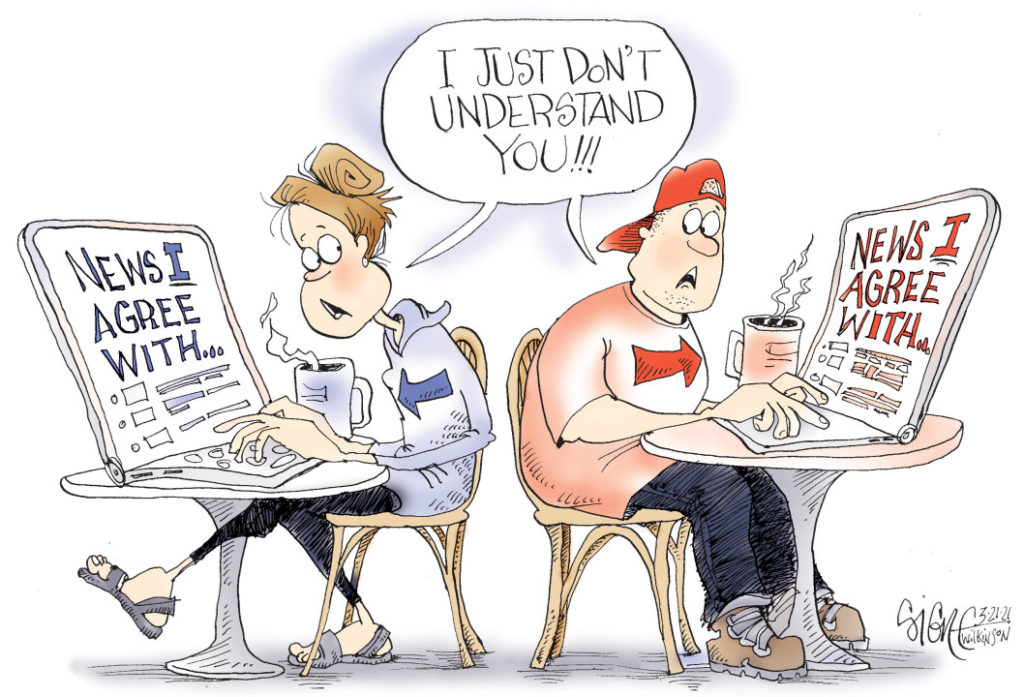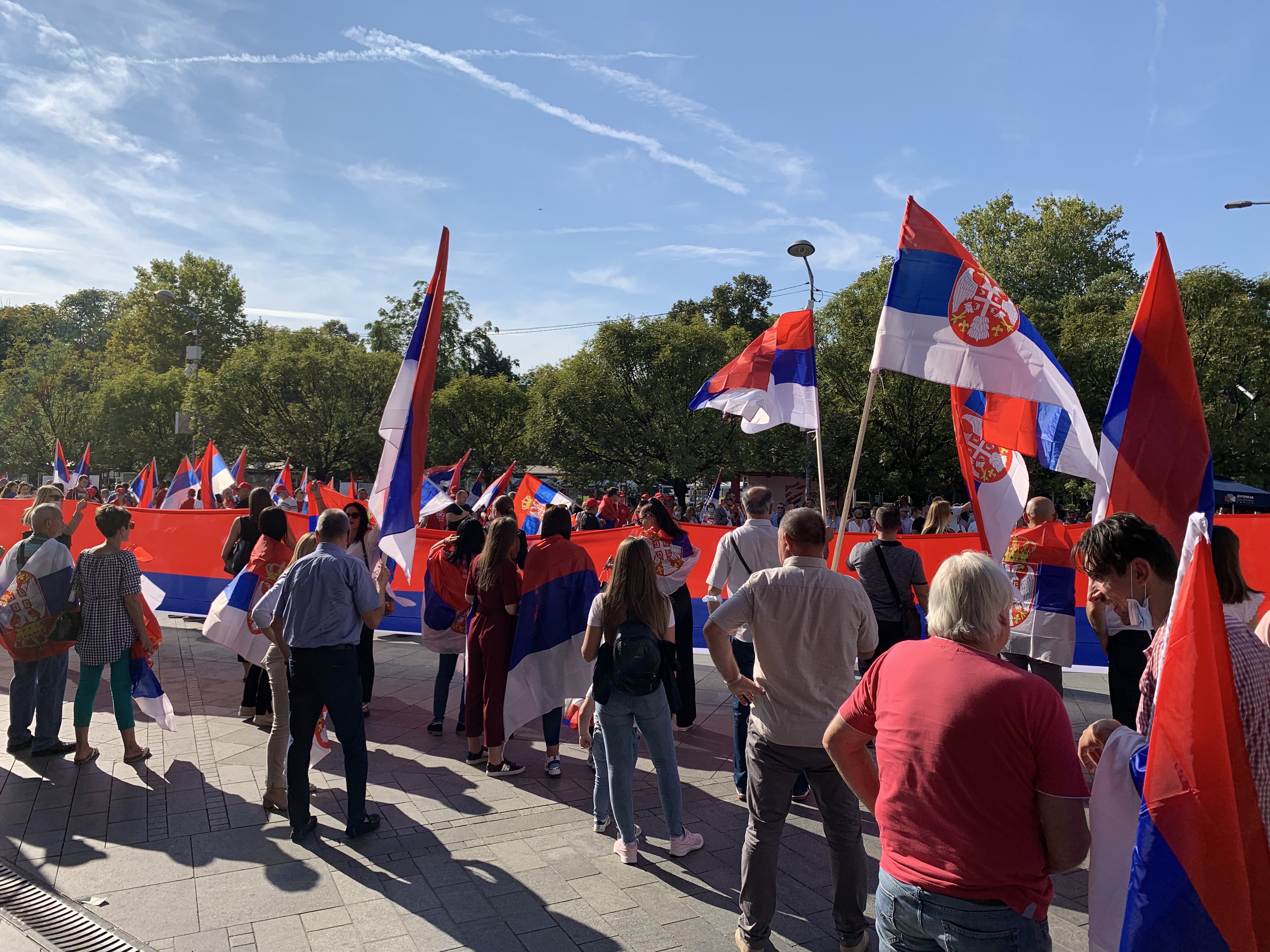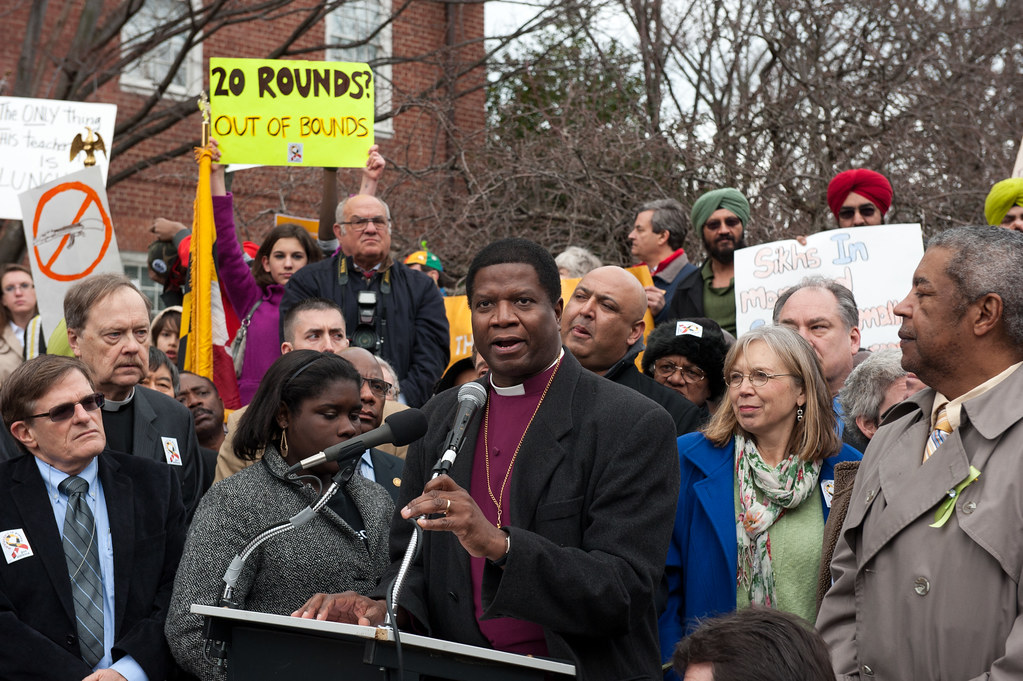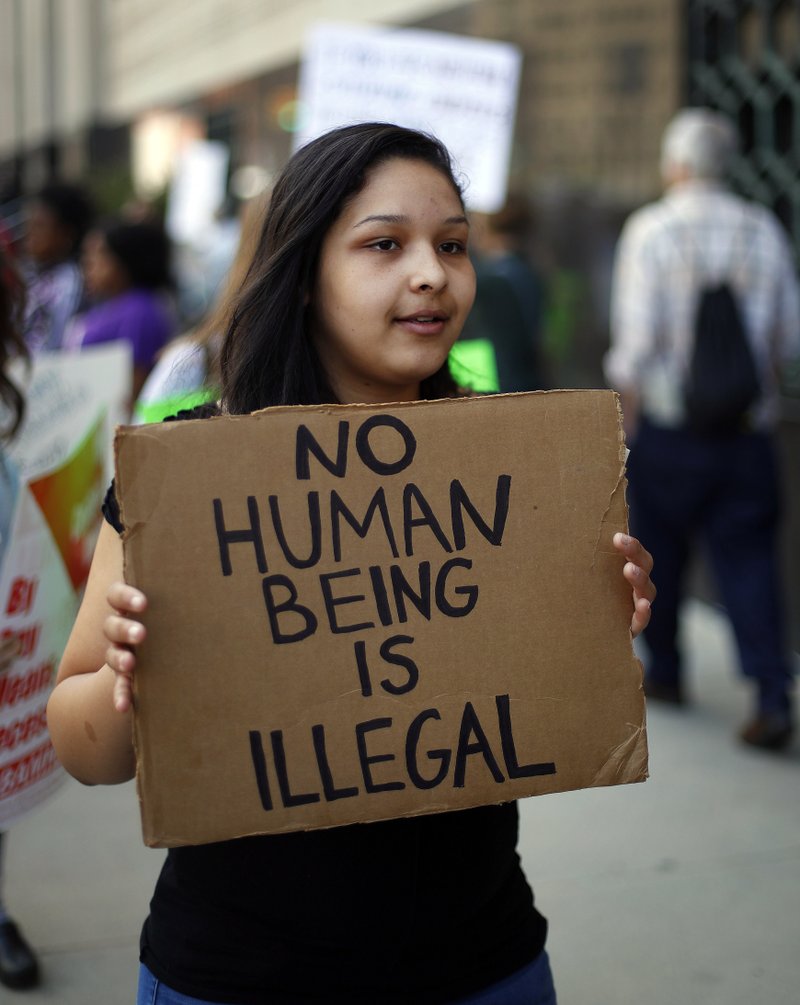Research Teams
2022-2023
In its first year, the UCLA Initiative to Study Hate has distributed nearly $600,000 in research funds to 4 large-scale ($70-100k) and 19 smaller-scale (up to $15k) research projects examining the phenomenon of hate. Researchers who comprise this first cohort of ISH Research Fellows hail from more than 20 disciplines.
Research Teams
2022-2023
In its first year, the UCLA Initiative to Study Hate has distributed nearly $600,000 in research funds to 4 large-scale ($70-100k) and 19 smaller-scale (up to $15k) research projects examining the phenomenon of hate. Researchers who comprise this first cohort of ISH Research Fellows hail from more than 20 disciplines.
Large-Scale Research Projects
Are Facts ‘Lame’? Retheorizing Scientific Dehumanization and its Relationship to Group-Based Hate in Contemporary Extremism
TeamProfessor Aaron Panofsky, Kushan Dasgupta
SummaryScholars and laypersons alike often conceptualize science and hate as phenomena that operate in opposite discursive registers: science activates cold, deliberative, or rational conceptual processes and hate activates hot, emotional, or non-rational conceptual processes.
Social Media and the Spread of Hate (SMASH): Examining Youth Exposure and Impact
TeamDean Christina (Tina) Christie, Professor Anne Gilliland; Professor Mark Hansen; Dr. Arif Amlani; Mark Berkman; Professor Tyrone Howard; Dr. Christine Ong
SummaryThe Social Media and the Spread of Hate (SMASH) project is a collaborative effort between UCLA’s School of Education and Information Studies and the Organization for Social Media Safety. SMASH will explore youths’ exposure to and conceptions of hate speech on social media using mixed methods.
Hating Homelessness: Understanding Stigma and Hatred Directed at People Experiencing Homelessness
TeamHoward Padwa, Ph.D., Randall Kuhn, Lillian Gelberg, Benjamin Henwood, Carissa Loya
SummaryPeople who experience homelessness (PEH) are often subject to neglect, harassment, and assault. Hating Homelessness will identify the beliefs, stereotypes, and fears that undergird hatred of PEH through analysis of social media and primary data collection. Lessons learned will be used in future public awareness and education efforts.
The Relationship of Hate to Dehumanization in Neurotypical Individuals compared to those with Frontotemporal Dementia
TeamMario F. Mendez, MD, PhD, Kelsey Holiday, Ph.D.
SummaryAlthough little is known about the neurobiology of hate, evidence indicates that it involves brain mechanisms for dehumanization, or the denial of human qualities to others. This proposal investigates these mechanisms among both normal participants and those with brain disease
Research Projects
Evaluating the Spillover Effects of the 2021 Atlanta Mass Shooting on the Population-Level Mental Health of Asian Americans
Team(Graduate Students) Carlos Irwin A. Oronce, Rachel Banawa, Erin Manalo-Pedro, Michele Wong, Brian Keum, Gilbert Gee, Ninez Ponce
SummaryThis study examines the effect of the 2021 Atlanta spa mass shooting, an act of hate-based violence, on the mental health of the Asian American population, and specifically Asian American women.
Racist Hate Speech in High School Social Networks: The Role of Slurs in Ethnic Stratification Between Latinx Adolescents
TeamChristopher M. Wegemer, Dr. Kimberley Gomez
SummaryGrounded in speech-act theory, our study employs a mixed-method approach to examine Latinx adolescents’ conceptualization of slurs. Our project was developed in collaboration with school leaders and represents a unique opportunity to advance theoretical understanding of hate speech while informing anti-racist policies and practices that reduce hateful slurs in educational contexts.
Reducing Hate during the Reintegration of Excombatants in Nigeria
TeamElayne Stecher, Dr. Graeme Blair
SummaryHow do social and psychological factors influence the probability of intergroup conflict recurrence? This project investigates the effect of hate and related phenomena in efforts to reintegrate excombatants in northeast Nigeria.
Is it Bullying or a Hate Crime? Utilizing Critical Discourse Analysis to Assess Political Framings of Prejudicial Violence Among Youth
TeamEmily M. Waters, MSW/MPH, Dr. Laura Wray-Lake and Juniperangelica Gia Loving
SummaryThis project aims to critically examine how political and social framings of youth prejudicial violence as “hate crimes” vs. “bullying” impacts the criminalization of youth. Utilizing critical discourse analysis, we will review how these different problematizations lead to varying solutions in federal and state policy responses and the literature. Further, we will conduct interviews with 30 LGBTQ+ youth on their perceptions of these different policy approaches, their attitudes toward the criminal legal system, and their understanding of accountability.
Gone With the Wind: Erasing Hate from the Built Environment of Eufaula, AL
TeamEliza Franklin Leggett
SummaryIn the spaces such as Eufaula occupied by Black subjects, their geographies have been rendered spatially valueless (McKittrick, p.81, 2006) with their histories unacknowledged. Ida B Wells cites, “The only way to right the wrongs of the past is to shed the light of truth upon them.” As part of this project I seek to counter and disrupt the built environment by challenging the white supremacist ideology masked as cultural heritage.
Debiasing Word Relationships in Word Embeddings
TeamDeanna Needell, Erin George
SummaryIn this project, we study social biases in computer representation of the meaning of words and attempt to mitigate before they are learned.
Race, ethnicity and utilization of security emergency responses among non-psychiatric inpatients
TeamEvan Michael Shannon, Mikel Whittier
SummaryThe goal of this study is to determine if there are racial and ethnic disparities in security responses, including the summoning of security and use of physical or pharmacological restraint, in non-psychiatric inpatient settings across UCLA Health.
Understanding the Causes and Consequences of Online Hate Speech
TeamGeorgia Kernell, Seonhye Noh
SummaryThis study examines the causes and consequences of online hate speech by systematically analyzing comments on one of the largest online news platforms in the world. Our study creates a novel, online news participation-tracking dataset from January 2011 to October 2020 using NAVER News, the largest news-aggregating service in South Korea.
Macroaggression
TeamGina Kim
SummaryBased on real life-event of Atlanta Spa shooting in 2021, is a research-based feature film project that examines the intersectionality of race and gender that ultimately results in hate crimes in the US.
The Racial Violence of Suicide: Decolonizing Suicide Prevention for Black Youth
TeamJocelyn Meza, Adrian Flores (Postdoc in Comparative Literature) and Kali Tambree (5th year graduate student in Gender Studies)
SummaryTo address the current Black youth crisis, and disrupt current disparities, the research aims of this project are twofold: 1) critically examine the racialized history of suicide through interdisciplinary frameworks; and 2) critically evaluate current evidence-based treatment approaches to elucidate if and how Black youth have been included in research trials, and more importantly, to examine how current treatment manuals have integrated the discussion of race-related stress (i.e., racial discrimination and racial trauma) and other structural factors into their treatment approaches.
Mass Media and Political Extremism
TeamJun Luo
SummaryDoes exposure to partisan media drive radicalization? Is this radicalization amplified by local income inequality?
“They’ve Done It Before, They’ll Do It Again”: Interethnic Tensions and Support for Secession in Republika Srpska
TeamKevin Gatter
SummaryThis study examines how interethnic tensions and negative views of ethnic out-groups can motivate support for secessionist movements. I examine these dynamics in Republika Srpska, the Serbian-dominated entity of Bosnia and Herzegovina with an active secessionist movement.
‘Misinformation’ as an Agent of Hate in International Political Discourse
TeamLindy Comstock, Francis Steen, Igor Pilshchikov, Robert Bilder
SummaryThis project investigates “misinformation” in U.S.-Russian media discourse: (i) what is called misinformation by each side, (ii) how allegations are made and responded to, and (iii) what are the competing moral contextual frames in which claims of misinformation are embedded.
Manifestations of Hatred for Abortion Providers in the United States: Causes, Trends, and Contexts
TeamPaula Tavrow, Aparna Sridhar, Anna Fiastro, Aishwarya Karlapudi
SummaryThis study will explore various ways to assess how hatred is manifested against abortion providers in the U.S., and to measure whether policy changes regarding abortion cause hatred and violence to escalate or to recede.
Teaching tolerance is tricky: civics reimagined
TeamSusanne Lohmann
SummaryI offer a systems-theoretical approach to civic education for the promotion of tolerance. Students play games and view their game play data. They see diversity and disagreement in action from a frog’s perspective and with a bird’s eye view.
Exploring Black and Latinx Youths’ Experiences of Discrimination Within Gun Violence Prevention Organizing Spaces
TeamTaylor Reed, Sara Wilf (current graduate student), Victoria Millet, Laura Wray-Lake, Stephanie Ortiz
SummaryOur study will explore the kinds of discrimination Black and Latinx youth experience in gun violence prevention organizing spaces, and how this discrimination may affect their future organizing work.
Who stays, who goes? Perceptions of the deportation and legalization of undocumented immigrants
TeamTianjian Lai
SummaryThis study employs a survey experiment to understand how undocumented immigrants’ characteristics (race, education level, family in the United States, etc.) shape perceptions of their deportability or deservingness of legalization.
Hate: As Seen on TV
TeamTim Groeling
SummaryUnderstanding the content of media—and particularly television news—is necessary if we want to fully comprehend the life cycle of hate in our society.
Hate-Related Phenomena and Disability
TeamDana Ernst, Professor Salih Can Açiksöz, Professor Douglas Hollan
SummaryHate-Related Phenomena and Disability: This research focuses on the impact of hate-related phenomena and discrimination experienced by disabled individuals. Charlesworth (2022, “Why disability bias is a particularly stubborn problem”) relays recent and troubling research findings that implicit bias, which can change, has shown only to change for certain groups, including for sexuality and race bias.

